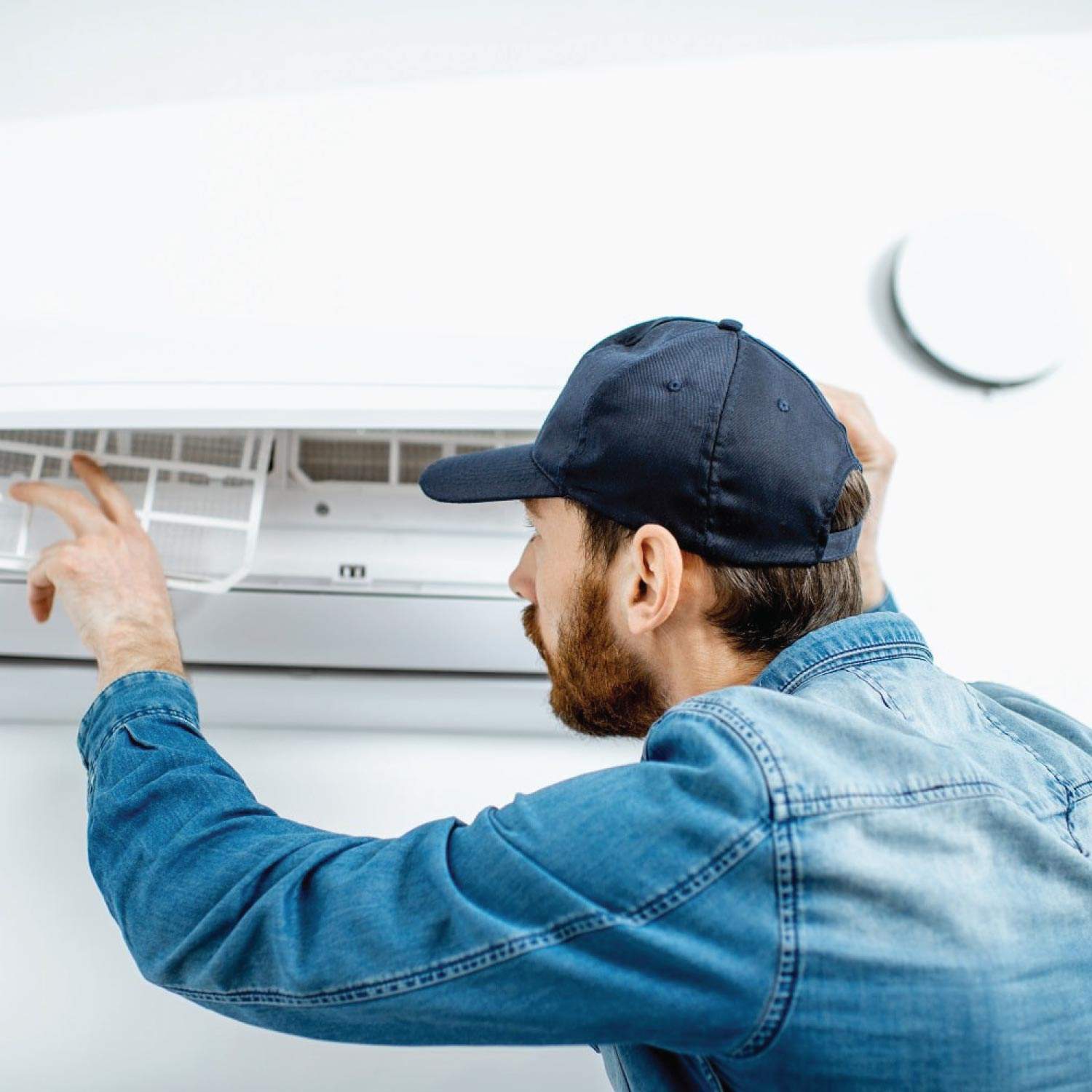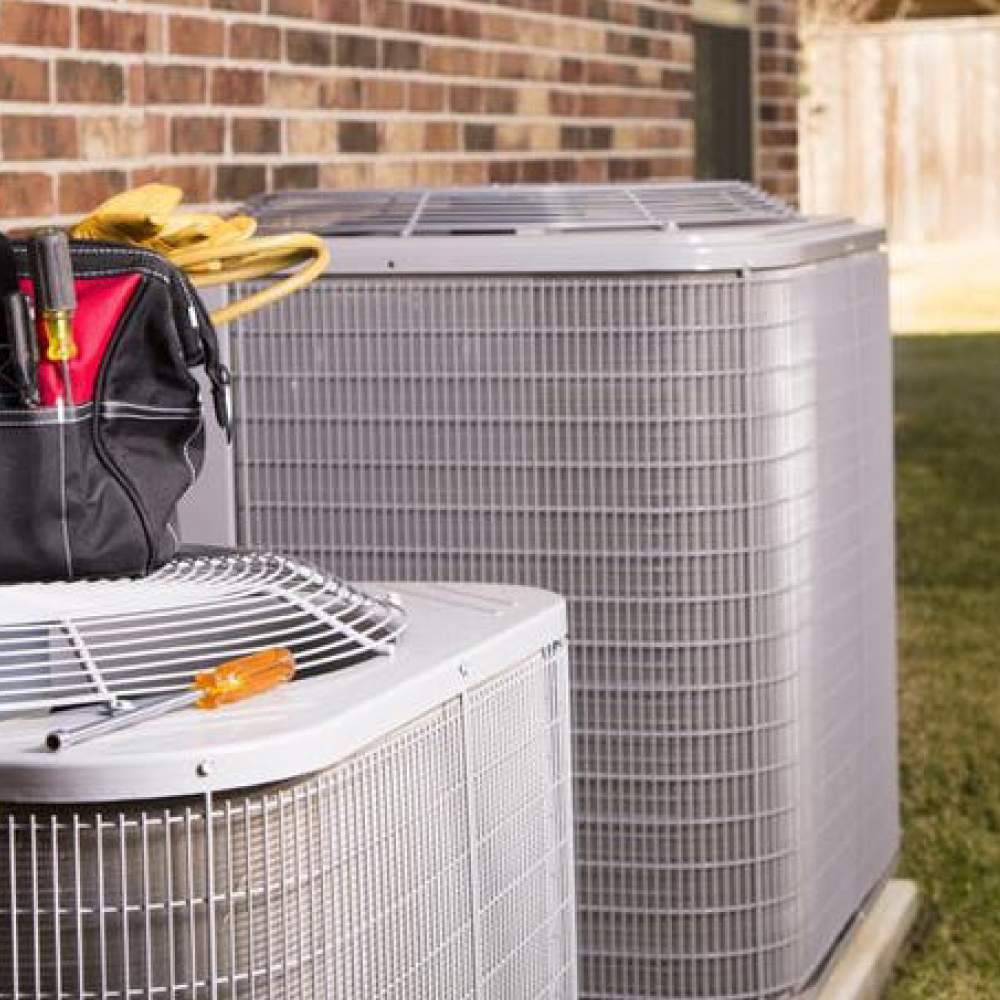Geothermal Heating Service in warminster, PA: A Sustainable Home Climate Solution
Contact Us
REQUEST SERVICE
What is Geothermal Heating?
Geothermal heating systems, also known as ground-source heat pumps, harness the earth’s stable underground temperature to efficiently heat and cool homes. Unlike conventional HVAC systems that rely on fossil fuels or fluctuating outdoor air, geothermal heat pumps utilize underground pipes filled with a water-based solution to regulate indoor climate. With year-round energy efficiency, these systems provide eco-friendly heating and cooling by tapping into the earth’s consistent temperature, typically around 55°F (13°C).
Why Choose Geothermal Heating in Warminster, PA?
- Lower Energy Bills: Reduce heating and cooling costs by up to 70%.
- Eco-Friendly HVAC Solution: Cut carbon emissions with a renewable energy source.
- Long-Lasting System: Geothermal units last significantly longer than conventional HVAC systems.
- Consistent Indoor Comfort: Enjoy steady temperatures without relying on outdoor weather fluctuations.
Call LegendAir for your perfect customized Geothermal heating solution
Call LegendAir, LLC to find out more about geothermal heating in your area at (215) 317-6099
Frequently asked questions
Are government rebates available for geothermal systems?
Yes. There is currently a 30% tax credit available for the next decade (through 2032) for homeowners interested in installing a geothermal heat pump on their property.
What are the space requirements for adding a geothermal HVAC system to my property?
For a horizontal loop system, you may need 1,200 to 8,000 sq. ft. to dig trenches for the loops. The depth required is usually between 5 to 10 feet deep.
A vertical loop system is much more compact and may require 60 to 400 sq. ft. However, this type of installation requires drilling deep into the ground. Typical depth for vertical loop systems ranges from 100 to 500 feet deep.
What makes geothermal heating more efficient than traditional systems?
Geothermal systems use the stable temperatures underground, requiring less energy to heat or cool homes, resulting in lower utility bills and reduced environmental impact.
Can I really save money with geothermal heating?
Yes, homeowners can save significantly on heating and cooling costs—up to 70% compared to conventional systems, thanks to the high efficiency of geothermal heat pumps.
What should I consider before installing a geothermal system?
Consider the initial investment, the suitability of your property for installing the ground loop, and the availability of local incentives to help offset the upfront costs.
How long does a geothermal system last?
The underground components can last more than 50 years, while the indoor components such as the heat pump typically last 10-15 years.
Is there maintenance required for geothermal systems?
Yes, while maintenance is generally low compared to conventional systems, regular checks and periodic adjustments are necessary to maintain peak performance and prevent issues.



